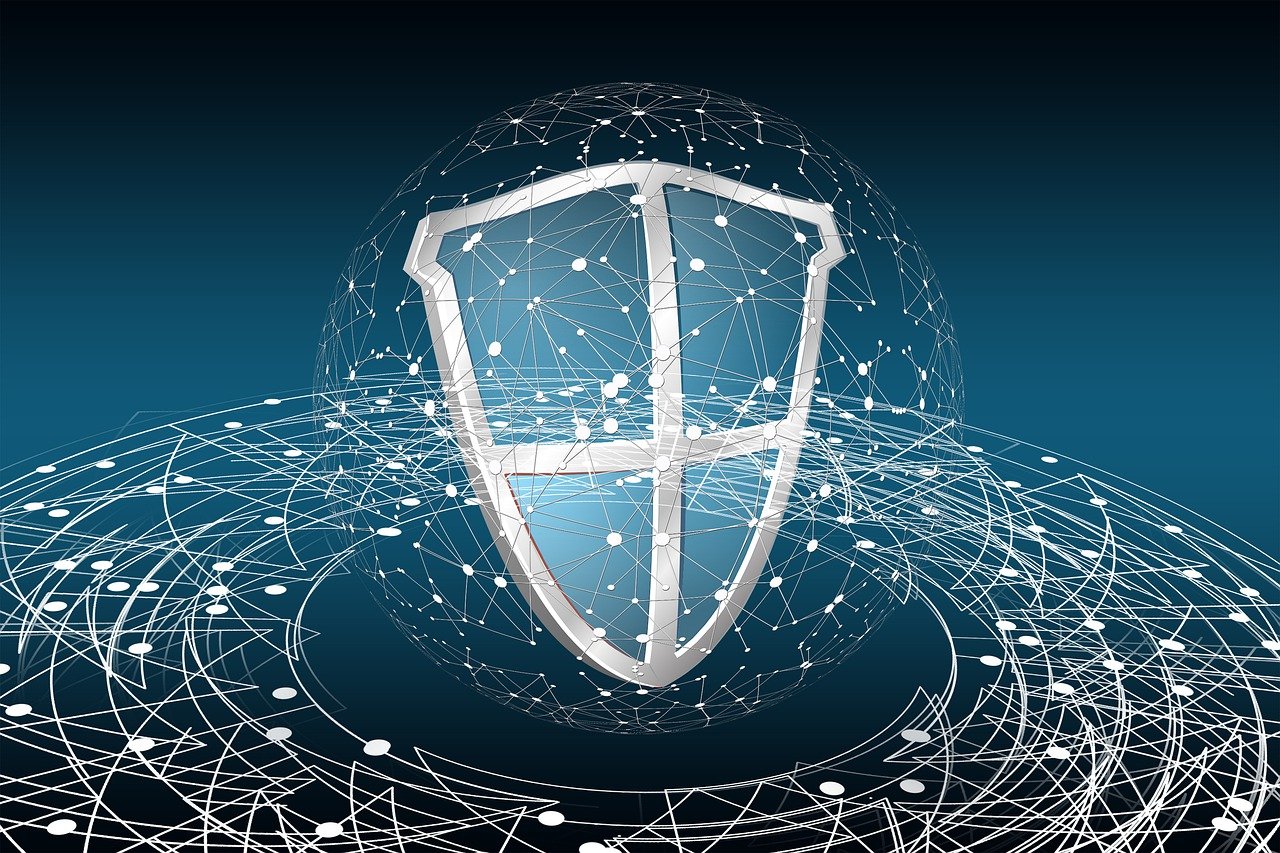Virtual Private Networks (VPN) have become an important tool in our daily online activities, helping us to protect our privacy, bypass geographic restrictions and improve security. However, when choosing a VPN, in addition to considering the reputation and performance of the provider, it's equally important to choose the right city server location. Different city server locations can affect your internet speeds, access to specific content, and privacy protection. This article will delve into how to choose the right VPN city server location for the best online experience.

I. The Impact of Server Location
VPN providers usually set up multiple server locations around the world. Different server locations can affect the following aspects:
1. Speed: Servers that are closer to your location usually offer faster connection speeds because the physical distance for data transfer is shorter.
2. Geo-restrictions: If you want to bypass geo-restrictions in a particular area, selecting a server location in that area will allow you to access blocked content.
3. Access to Local Services: Selecting the same server location as your region will allow you to access local services such as online banking, local news, etc.
4. Privacy protection: Choosing a server location in a country with strict privacy laws may help protect your personal data.
II. How to choose the right server location
When choosing the right VPN City server location, you can consider the following factors:
1. Target Geographic Location: If you want to access content from a specific country or region, choosing a server location in that region is ideal. For example, if you want to access Netflix content in the United States, choosing a server location in the United States may be more appropriate.
2. Distance and speed: The closer the server, the faster the connection speed. If you are concerned about speed, choose a server location that is closer to your area.
3. Privacy Laws: Some countries have stricter privacy laws, so choosing a server location in these countries can increase your data privacy protection.
4. Traffic Limits: Some VPN providers may set traffic limits for different server locations. Make sure that the server location you choose has no traffic restrictions to avoid affecting your usage.
5. Needs: Choose a server location based on your specific needs. If you need to access local services or bypass geographic restrictions, select the appropriate server location. 6.
6. Test and Compare: Before choosing a server location, you can find the most suitable option for you by testing the speed and performance of different server locations and then comparing them.
Common Server Location Selection Scenarios
Different needs and scenarios may require different server location options. Here are some common server location scenarios:
1. Access to international content: If you want to access streaming content or websites from other countries, choosing a server location in the target country can help you bypass geographic restrictions.
2. Speed: If speed is your main concern, choosing a server location that is closer to your area can provide a faster connection.
3. Protect Privacy: If you are concerned about privacy, choosing a server location in a country with strict privacy laws can increase the security of your data.
4. Access to local services: When you need to access local services or websites, choosing a server location that is the same as the one in your area is ideal.
Conclusion
Choosing the right VPN city server location can significantly impact your online experience. Choosing a server location that is the right distance for your needs, has stable performance and meets privacy requirements will provide you with a faster and more secure internet connection. By following the above recommendations, you can better utilize your VPN for an optimal online experience and gain extra security in terms of protecting privacy and data security.
 Email
Email